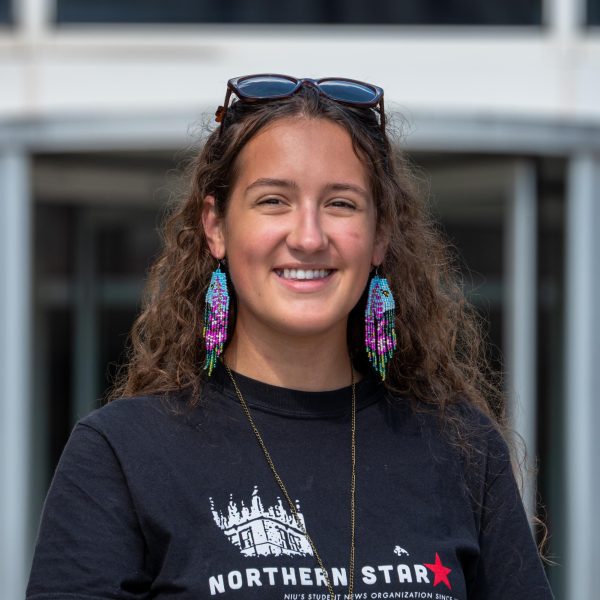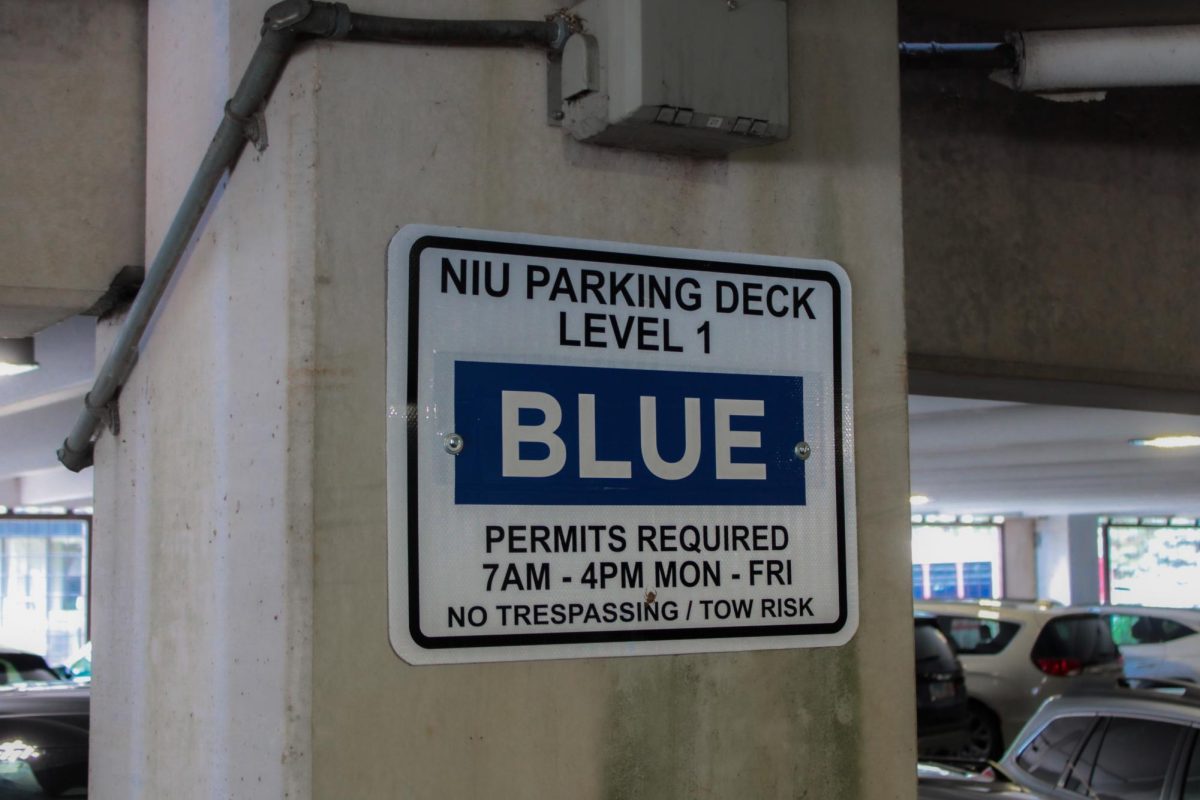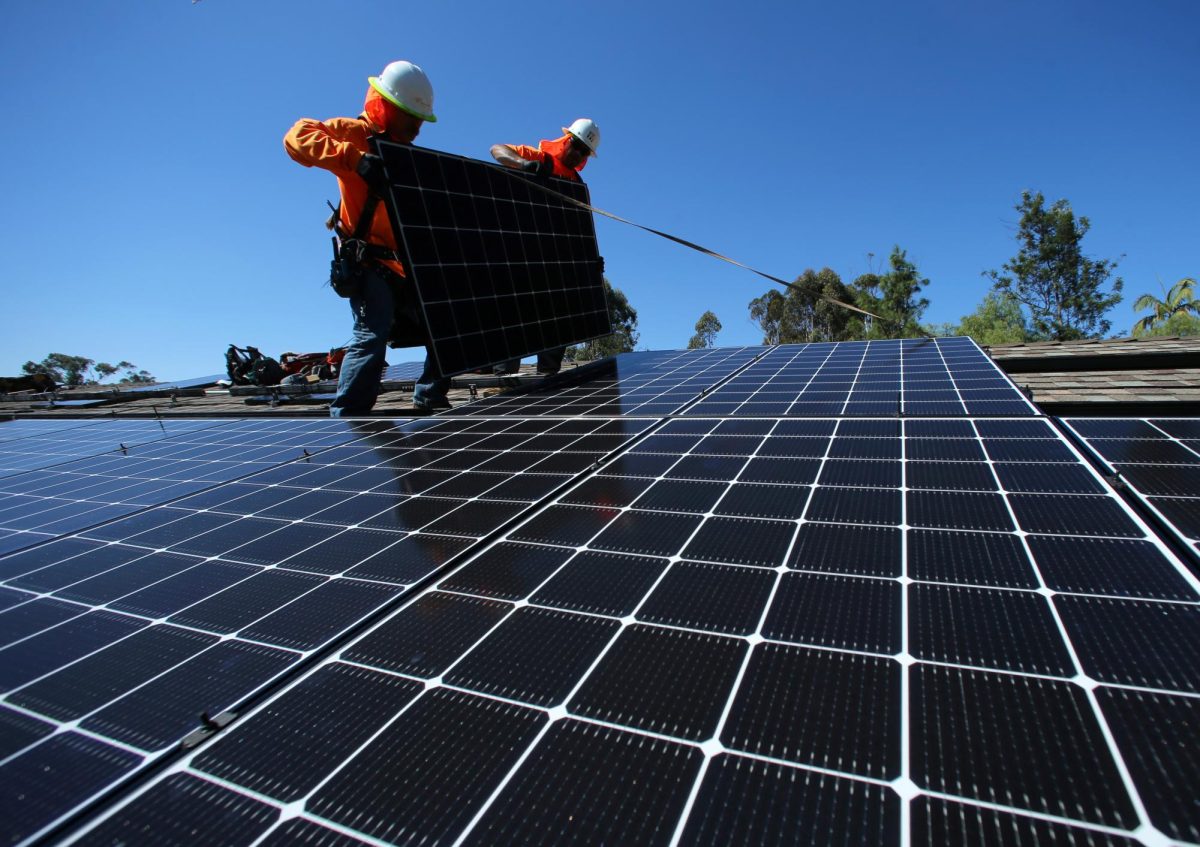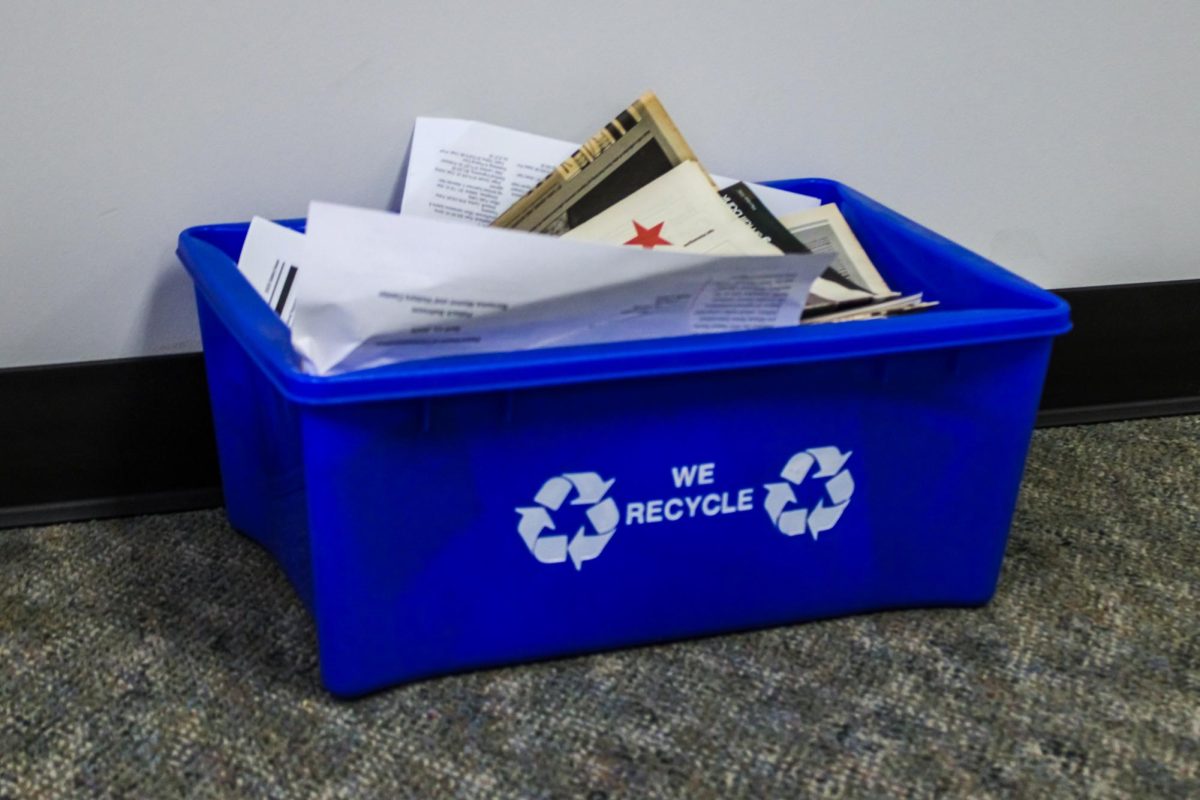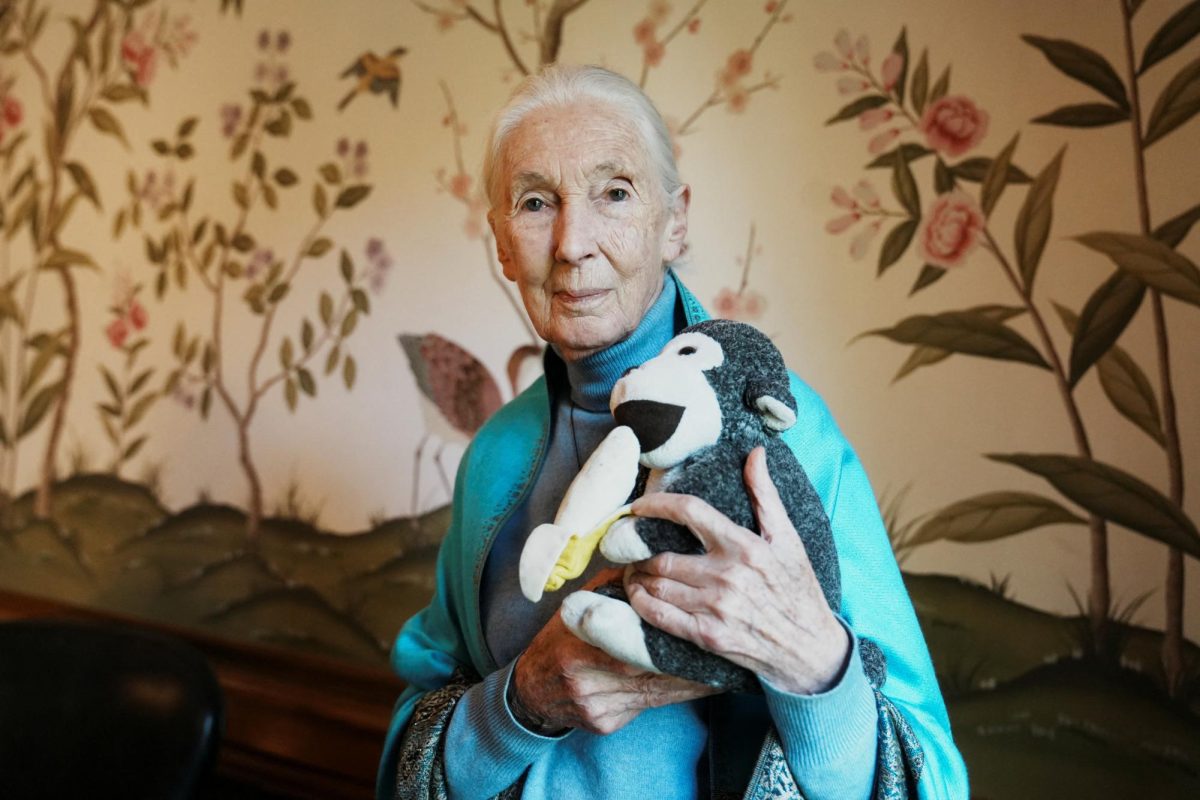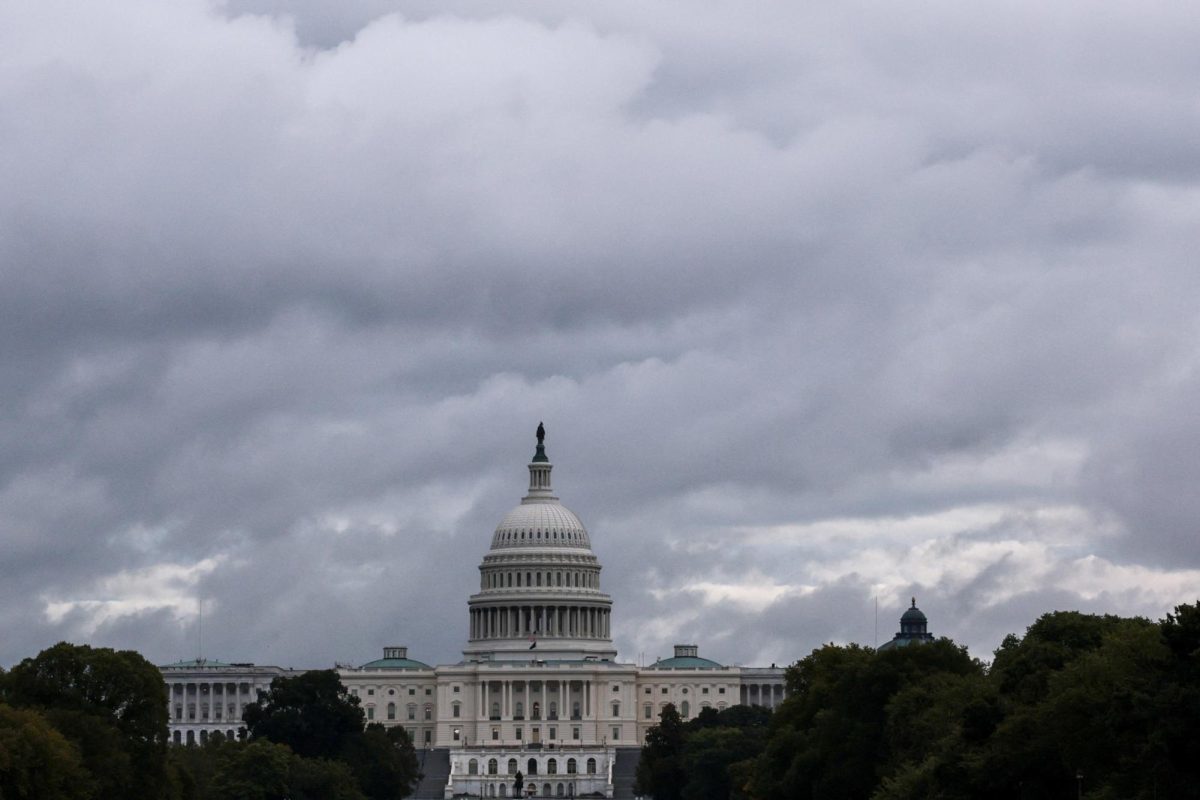How to get through another three years of the Trump Administration without emotional burnout – or denial – is an ugly conundrum. If these first eight months have left you feeling hopeless and scared, remember the need for good news is a thirst you can quench without guilt.
THE RELEVANCE OF BAD NEWS
The daily headlines spotlighting each terrifying change can’t go away. As ICE stalks the cities and the U.S. president shakes hands with Putin, negative headlines save us from the ignorance the White House wishes we had.
When Laura Vazquez, a professor in the department of communication at NIU, asked her class to share their reactions to recent news, the responses were overwhelmingly negative.
Students living near Chicago expressed feelings of terror, anticipating federal troops’ arrival in the Windy City. Others grieved the lives lost in recent shootings, feeling unsafe at school.
“I didn’t ask them if anybody had chosen or sought out any good news stories, right? You know, we didn’t get that far in the class. It was only the first thing. But I thought what I was getting back is kind of telling me, yeah, there is. What’s coming at me is negative. They weren’t necessarily seeking this out. They were just getting it,” Vazquez said. “You can’t make a silk purse out of a sow’s ear.”
News fragmentation – amplified by audience reliance on social media – also prevents society’s ability to discuss good or bad news, Vazquez added.
More than half of Americans get news from social media, according to the Pew Research Center. But the algorithms which design social media keep users absorbed in content that supports their original ideologies, strengthening epistemic bubbles. There’s not much room for empathy in a bubble.
Coming to terms with the truth that so many people could find another person’s suffering as a reason for joy is difficult.
But despite it all, there is goodness happening daily – goodness as it should be defined.
Vazquez believes the best way to overcome fragmentation is through communication.
“I think the only way to overcome the fragmentation of our society is to talk,” Vazquez said. “What we want to do is make sure that whatever the news is we’re consuming, it’s building community and not dividing community. We’re not building community if we’re all getting different stories, and we’re not building community because we’re not talking about it.”
Maybe communication is also the best way to harness hope.
DOESN’T DIMINISH THE POWER OF GOOD NEWS
Despite the slashes to research funding, science is happening daily. Despite the destruction of human rights, hardworking people are speaking out. If you’re scared and sad, you’re not alone, and even today, there are reasons to feel proud.
In March, wind and solar energy accounted for more than half of U.S. electricity for the first time on record. In May, fellow Midwestern students at Illinois State University celebrated the opening of their first sustainable, vertical farm.
In June, thousands of protests across the country delightfully ruined a ridiculous birthday parade. And each month, No Kings protests continue.
Staying informed of ongoing injustice and cruelty is how meaningful activism comes to be and how change is made. But one corrupt administration doesn’t get to claim all hope. If we believed that, there’d be no point to recording any human moment – any good or bad news, wonderful or terrible event.
The reason we must consume bad news, in fact, is because some part of us believes each terrifying situation could be resolved, if we only understood it better and if only the masses powerful enough to resolve it were aware.
Don’t avoid the stories that make you uncomfortable, but still take some time to seek out stories that bring you strength. Spread and discuss truthful news as you learn it, news that makes you feel all sorts of emotions.
When we grieve – and right now America is certainly grieving – it’s okay to feel more emotions beyond sadness. When the world seems as if it’s falling apart around you, and there’s not much you can do, it’s okay to let yourself feel happiness.



